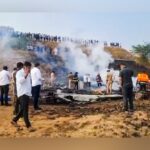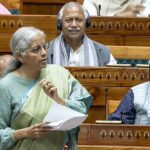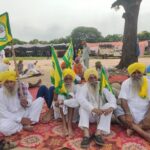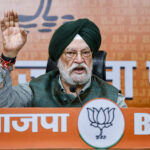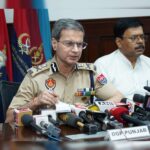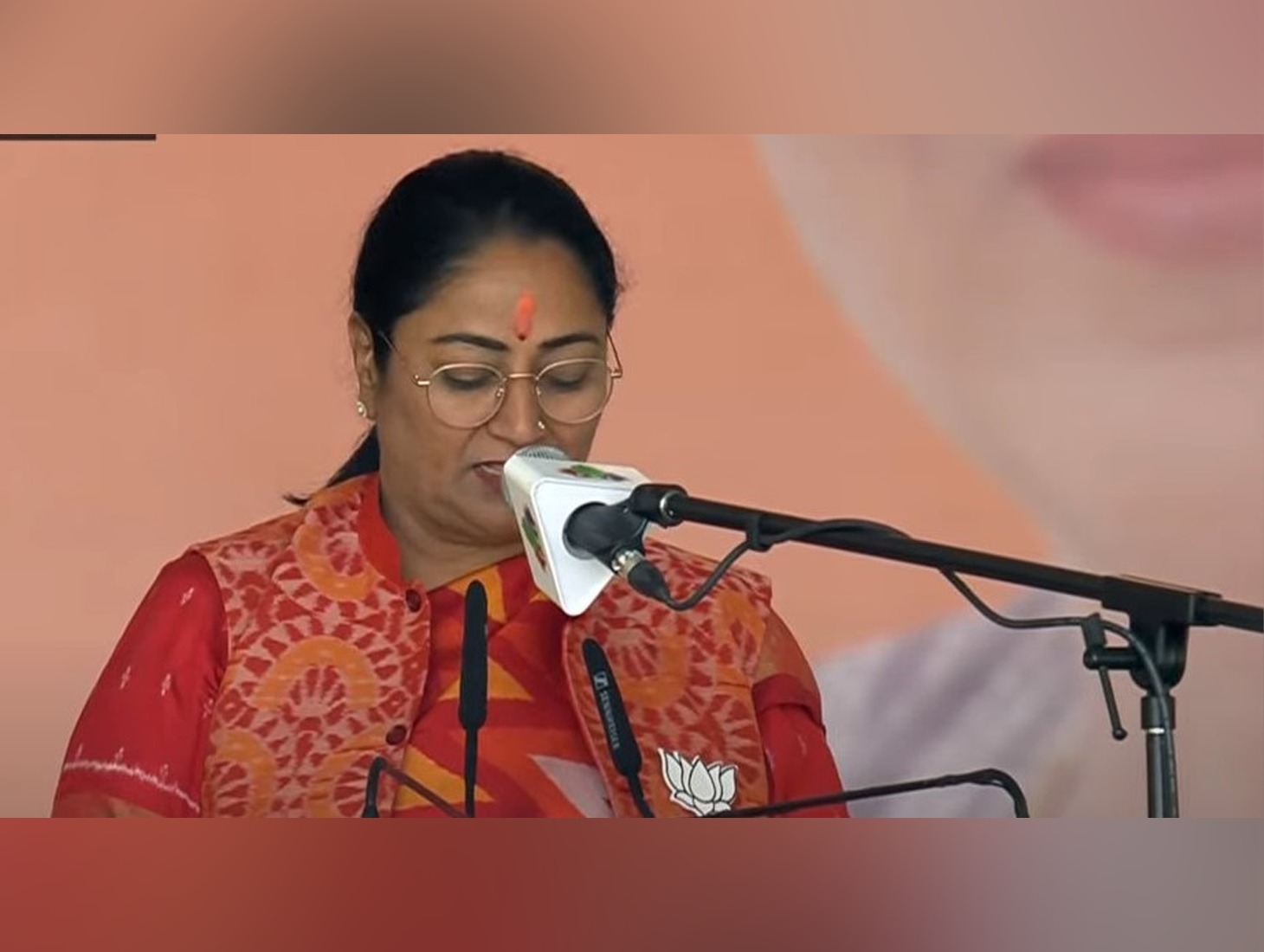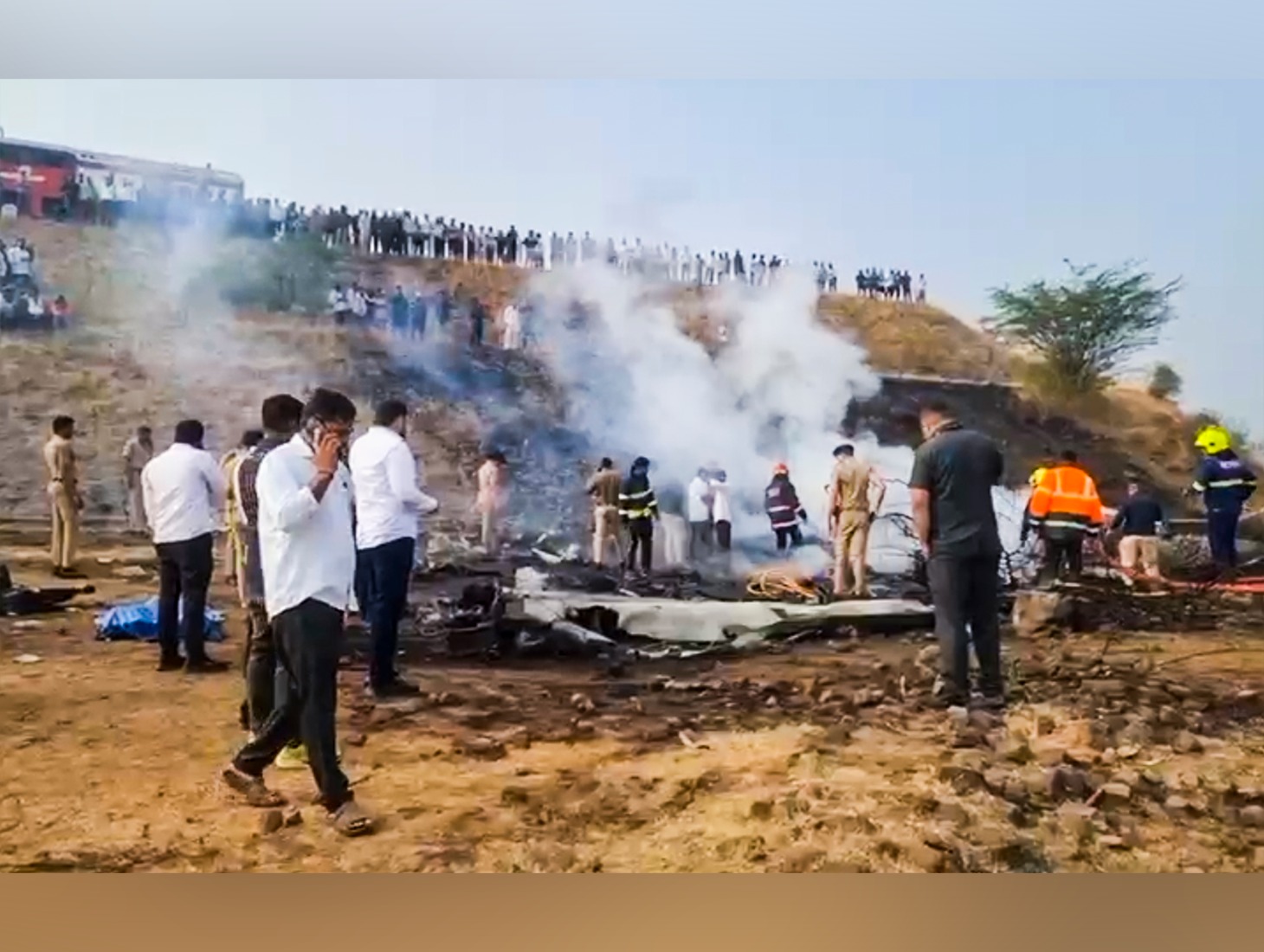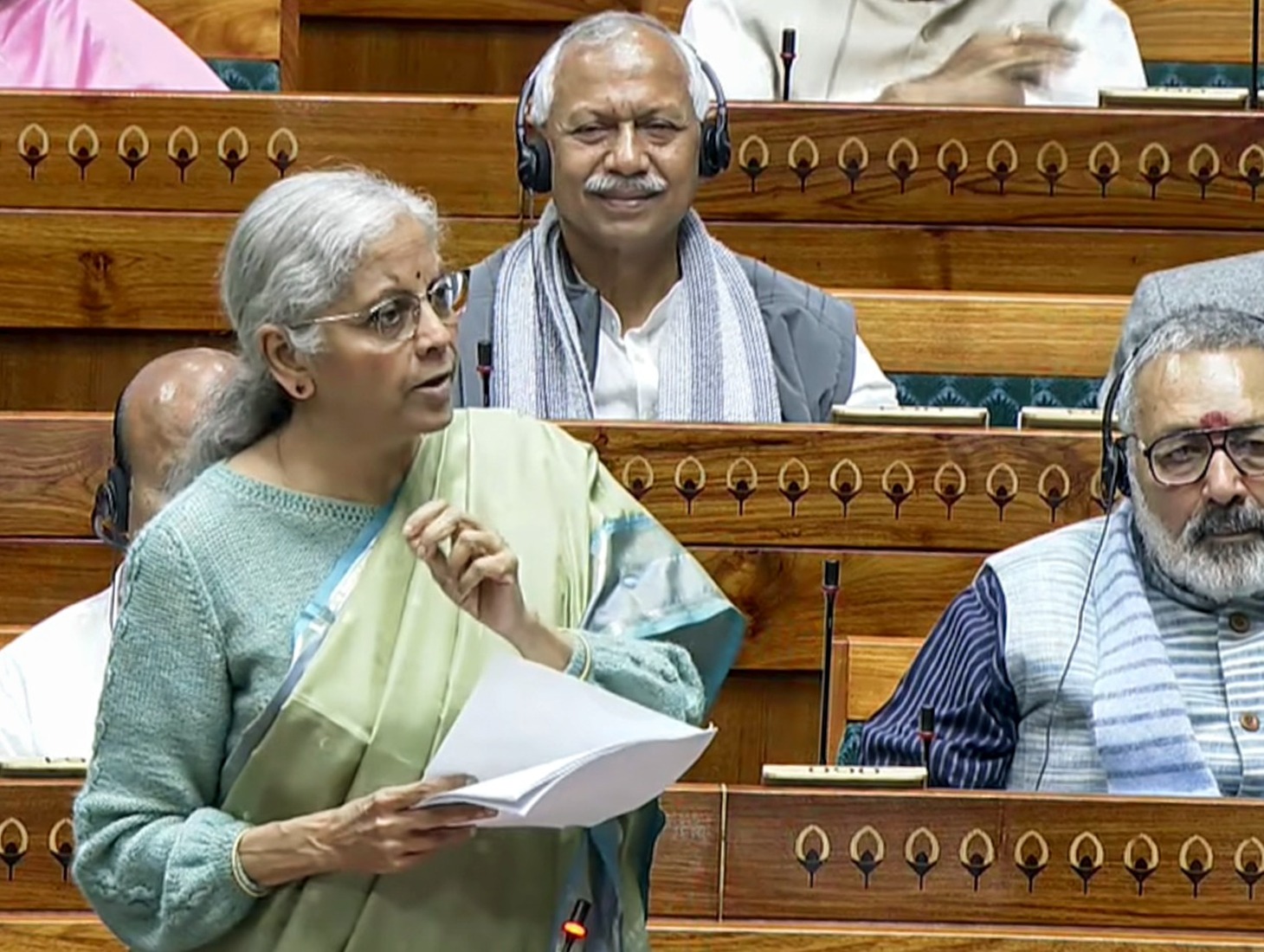The North News
Chandigarh, May 30
Dr Rattan Singh Jaggi, who passed away recently at the age of 96, was among the most distinguished figures in Punjabi and Hindi literary scholarship. Over a career spanning more than six decades, he authored more than 150 books and left a deep imprint on religious and academic discourse across northern India. Celebrated for his analytical work on medieval literature, the Bhakti movement, and the sacred Bani of Sikh Guru Sahiban, Dr Jaggi’s legacy extends across languages and generations. His work brought Sikh scriptures and Punjabi literary history into sharper academic and cultural focus, influencing students, scholars and religious thinkers alike.
The Antim Ardas and Bhog ceremonies for the revered Sikh scholar and literary giant Padma Shri Dr Rattan Singh Jaggi will be held on 1 June between 12pm and 1pm at Gurdwara Sri Guru Singh Sabha, near Fountain Chowk on Mall Road, Patiala.
In recognition of his immense contributions, Dr Jaggi was honoured with the Padma Shri and the Sahitya Akademi Award by the Government of India. He also received the Punjabi Sahit Shiromani Puraskar from the Punjab Government, and was decorated by the governments of Delhi, Haryana, Uttar Pradesh, and the Shiromani Gurdwara Parbandhak Committee (SGPC).
Two major academic institutions — Punjabi University Patiala and Guru Nanak Dev University Amritsar — awarded him D.Litt degrees. He also received the Gyan Rattan Puraskar from Panjab University Chandigarh, and won the Language Department’s First Award a record eight times.
Dr Jaggi’s critical commentary on Sikh scripture, Bhav Prabodhini Tika – Sri Guru Granth Sahib, was published in eight volumes and is widely regarded as a major contribution to Sikh exegetical literature. His works Sikh Panth Vishavkosh (Encyclopedia of Sikhism) and Arthbodh Sri Guru Granth Sahib (a five-volume sub-commentary) have become essential reference texts for scholars.
Born on 27 July 1927, Dr Jaggi pursued a PhD at Panjab University on the Dasam Granth, examining its mythological themes. Later, he earned a D.Litt. from Magadh University, Bodhgaya, with a thesis in Hindi titled Sri Guru Nanak: Vyaktitva, Krititva Aur Chintan (Guru Nanak: Personality, Works and Thought).
He retired in 1987 as Professor and Head of the Punjabi Literary Studies Department at Punjabi University, Patiala. His academic works, including the Punjabi Sahit Sandarbh Kosh (Reference Dictionary of Punjabi Literature) and Punjabi Sahit da Sarot Moolak Itihas (Historical Sources of Punjabi Literature), laid foundational stones for literary research in the region.
During the 550th Prakash Purab of Guru Nanak Dev Ji, the Punjab Government released Dr Jaggi’s work Guru Nanak Bani: Paath at Vyakhya in both Punjabi and Hindi, underscoring his bilingual mastery and commitment to accessible religious scholarship.
Dr Jaggi is survived by his wife, Dr Gursharan Kaur Jaggi, retired principal of Government College for Women, Patiala, and son Malwinder Singh Jaggi, a retired IAS officer.
His passing has left a significant void in Sikh studies and Indian literary scholarship. But as tributes gather this week in Patiala, it is clear his life’s work continues to inspire future generations of writers, thinkers, and believers.




